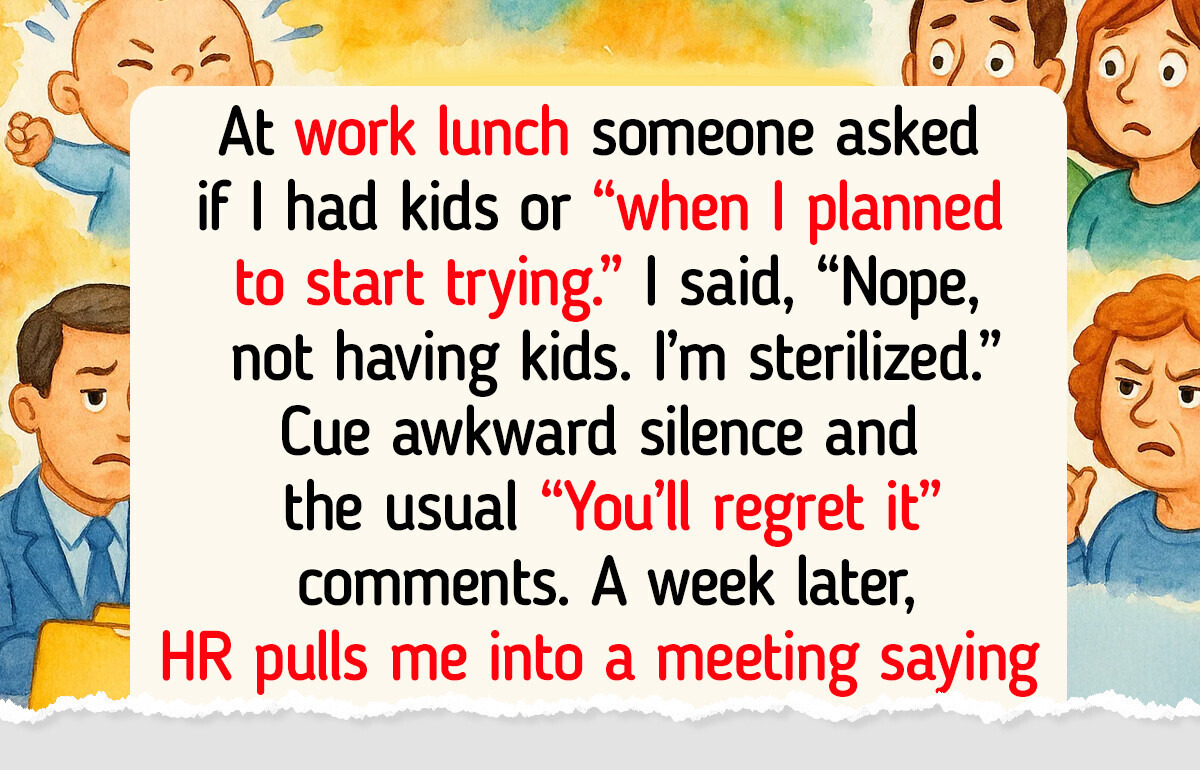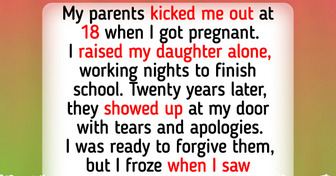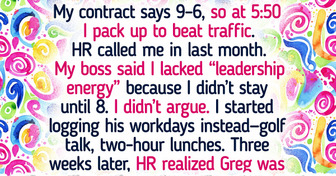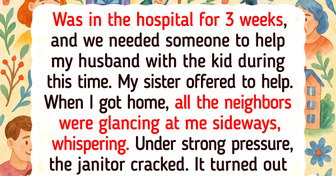It’s really none of anyone’s business that someone is child free. Mind your own damn business.
I Told My Coworkers I’m Child-Free, Now HR Is Involved

We recently heard from a reader who shared a moment that started with a casual lunch conversation — and ended with an HR meeting. It was one of those typical workplace chats: someone asked if she had kids or when she planned to “start trying.”
Her letter

“So at lunch the other day, someone asked if I had kids or ‘when I planned to start trying.’ I said, ‘Nope, not having kids. I’m sterilized.’
Cue awkward silence and the usual ‘You’ll regret it’ comments.
Thought that was the end of it. Nope. A week later, HR pulls me into a meeting saying someone felt uncomfortable because I shared ‘medical info.’
All I did was answer a question honestly.
Meanwhile, everyone else talks about pregnancy, daycare, baby poop, and IVF constantly. But me saying ‘I had a tubal ligation’ is TMI?
Didn’t get written up, but now I’ve got a target on my back. Avoiding lunch convos, people acting weird, one coworker even unfollowed me on LinkedIn.
Just existing as a happy, child-free woman = HR risk now? Cool.”
Choosing to be child-free: A quiet struggle

Voluntary childlessness, also known as being childfree, refers to the deliberate decision not to have or adopt children. The term childfree was first documented in 1901 and gained broader popularity during the feminist movements of the 1970s.
Today, the number of women choosing not to have children is rising globally, especially in developed countries. In Europe, rates of childlessness among women aged 40 to 44 are highest in Austria, Spain, and the United Kingdom.
Some women become mothers out of fear—fear of regret, stigma, or being alone—rather than true desire. Psychologists see clients on all sides of the decision: those who are certain they want children, those who are certain they don’t, and many who are deeply conflicted.
For these women, deciding whether to have children is a subtle, internal process. It means listening closely to your own voice, separating personal desire from cultural expectations, and facing fears on both sides—fears of motherhood and fears of choosing not to be one.
It’s also important to reflect on how personal history—like childhood neglect or trauma—might shape your stance on motherhood. The more honestly we confront these fears and influences, the more empowered our decisions become.
Choosing to be child-free isn’t always easy. But giving yourself permission to ask the question—and take your time with the answer—is an act of deep self-respect.
Why coworkers can judge you.
Many people rely on something to stay sharp at work—whether it’s a double espresso, anxiety meds, or ADHD prescriptions. But research shows we often judge coworkers for using the exact same tools we quietly depend on ourselves.
According to a study in the Journal of Consumer Research, people tend to view their own aids as justified “enhancements,” while assuming others are cheating or less capable. In competitive environments like the workplace, that bias becomes stronger.
This double standard creates stigma—where honesty about needing help can backfire socially or professionally, even in a workplace full of quiet enhancers. The reality? Most people get help. We just pretend we don’t.
So you can be judged for the decisions you’ve made while others are still hesitating.
And until we recognize that, we’ll keep punishing others for being honest about the very things we hide ourselves.
Comments
It should not be an issue for maintaining employment because she gave too much information to a colleague. She should be able to decide if she wants kids, she could always choose a surrogate or adopt a child. The issue seems to be why it is a workplace culture issue regarding having kids. Her response, if truthful was probably too detailed. I'm not planning for children now, l am focused on my career and contributing to the goals and objectives of our agency.... Now you're on the fast track to promotion because the baby makers aren't as focused.
Absolutely amazing! No wonder I'm a loner.
She might be better off. I don't think she will figure that out until later.
I honestly would’ve just said no I don’t have any children and no plans right now. No need to mention medical information.
Never discuss personal life
Related Reads
I Refused to Host Christmas for My Family — My Sister Took It Personally

15 Stories That Remind Us the Beauty of Everyday Kindness

My Parents Abandoned Me at 18, Now They’re Begging for My Forgiveness

I Lost a $120K Job Over a Ridiculous Interview Test

I Refused to Be a Free Hotel for My Late Son’s Family: They Eclipsed My Life

I Refuse to Talk to My Friends After They Tricked Me Into Eating Meat—I’m Vegan

I Was Shamed by HR for Leaving at 5:50—So I Counted My Boss’s Watercooler Breaks

I Refuse to Return My Late Colleague’s Paycheck, Now His Widow Is Furious

18 Stories That Prove Living in an Apartment Is Like Having a Front-Row Seat to a Comedy Show

MIL Invited Us to FIL’s Bday But Expected Me to Pay $100—I Refused

14 People Who Just Went With the Flow and Ended Up With a Story Worth Telling

16 Shopping Stories That Prove a Trip to the Supermarket Can Be More Entertaining Than a Blockbuster Movie
